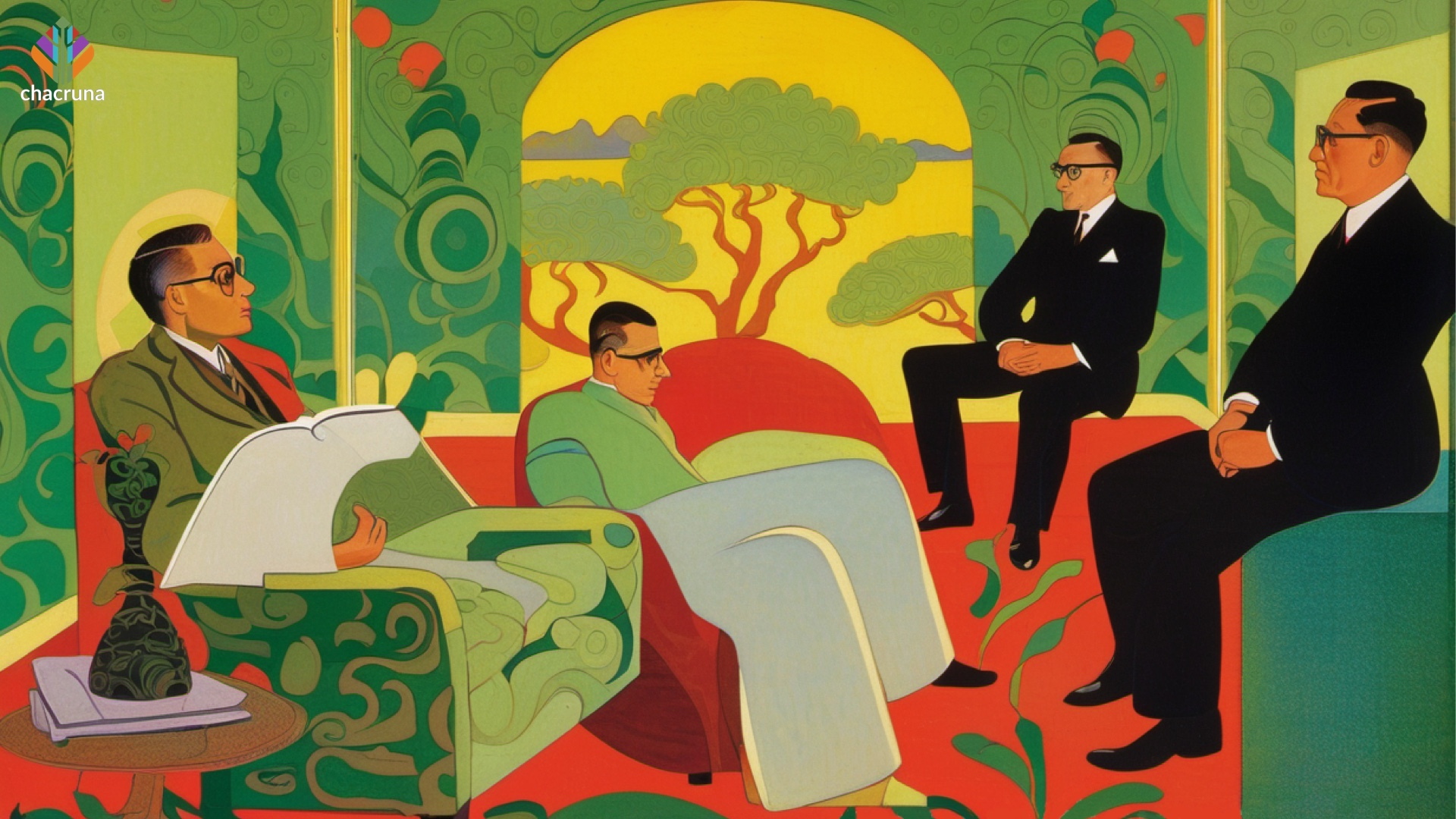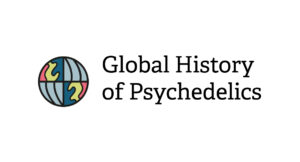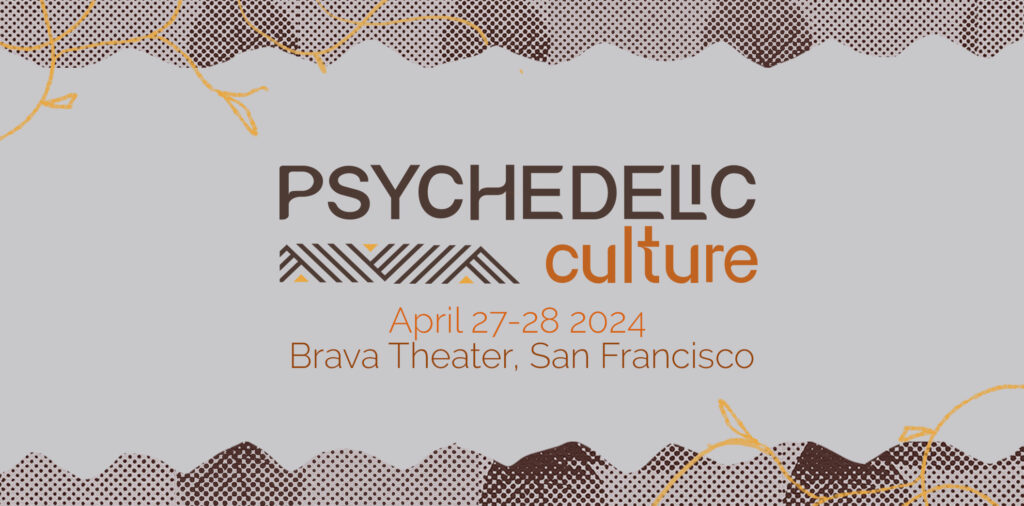This is an abridged version of Gautier Dassoneville’s chapter, “Mescaline, between psychopathology and phenomenology: Sartre and experimentation in 1930s France,” in the edited collection, Expanding Mindscapes: A Global History of Psychedelics, which will be released with MIT Press on November 21, 2023
In this article, and related chapter, I examine the undocumented history of mescaline in medical and psychiatric circles in France by reconstructing the scientific context in which Jean-Paul Sartre’s famous bad trip took place in February 1935. In this way, we can consider in the first place that the very term of “bad trip” sometimes ascribed to the experience retrospectively on the basis of accounts by Simone de Beauvoir (1908-1986) in The Prime of Life in 1960, and by Sartre himself in 1970 may connote a psychedelic perspective that did not exist yet.
The very term “bad trip” … may connote a psychedelic perspective that did not exist yet.
At that time in the mid-1930s, the French writer and philosopher was in the process of formulating a phenomenological theory on the imagination, which he went on to introduce in The Imagination (1936) and further develop in The Imaginary (1940), when he decided to have himself injected with mescaline under the supervision of psychiatrist Daniel Lagache (1903–1972), a former colleague from the École Normale Supérieure (ENS) who was then interning on the Sainte-Anne Hospital psychiatric ward.
Following these injections, Sartre fell prey to somewhat nightmarish visions described by Beauvoir: “He saw umbrella-vultures, skeleton-shoes, monstrous faces; all around him were crawling crabs, octopi, contorted things.” During the intoxication, the hallucinogen did not produce the pleasant dreamlike, kaleidoscopic visions Sartre was expecting. However, it did have an impact on his psyche: he was haunted by flashbacks resulting from these hallucinations for several months afterwards. Mescaline, according to Sartre, was the “incidental cause” that sent him into a fit of depression that lasted from March 1935 to March 1937.
Influenced by his research into psychopathology, Sartre believed he was suffering from a chronic bout of hallucinatory psychosis during this period. However, he eventually decided to come to his senses and see off his crustaceous hallucinations once and for all.
Sartre’s mescaline experience should be placed in the theoretical and cultural context of French philosophy of the interwar years.
In order to understand this legendary episode that Beauvoir’s narrative sets in the beginnings of French existentialism, Sartre’s mescaline experience should be placed in the theoretical and cultural context of French philosophy of the interwar years.
At that time, mescaline was a focal point for a generation of French intellectuals who were searching for inspiration from German schools of thought, including phenomenology, Gestalt psychology, and psychoanalysis. My chapter in Expanding Mindscapes highlights this interaction between philosophy and psychiatry in France.

Shop our Collection of Psychedelic T-Shirts.
First, I place Sartre’s mescaline experience in the context of Karl Jaspers’ influence on French psycho-philosophy in the 1930s through the incorporation of phenomenological ideas, which focus on the meaning and significance of lived experience. This field of thought and Jaspers’ research impacted the work of several individuals who were working at Sainte-Anne at the time of Sartre’s mescaline experimentation. From the writings of these individuals, one can deduce that Sartre did not go into his mescaline experiencing a “trip” because this was not the way in which people at the time were discussing these experiences. Rather he went into the experience hoping to gain a better understanding of hallucinatory consciousness.
Sartre also drew on the ideas of English neuropsychiatrist John Hughlings Jackson. Jackson had developed principles of what he called the evolution and dissolution of structures, and his theories emphasized biopsychological functionalism, namely an approach in which the psyche is a structural plane irreducible to the organic plane, but correlative to its degree of development and state. In my chapter, I reconstruct the Jacksonian model, and show how it influenced mescaline research conducted at the Saint-Anne in the mid-1930s, leading to a view of mescaline hallucinations that emphasized their liberatory functions and downplayed their delusional effects.
Find more information on the upcoming Psychedelic Culture Conference.
Examining Sartre’s notes and writings after his mescaline experience, I show in the chapter how Sartre interwove these fields of thought into his own thinking, eventually creating a path of exploration down which he ultimately formulated a theory of the pathological imagination, which relied upon the absolute and impersonal spontaneity of the consciousness.
From Sartre’s story, as well as an examination of other events happening within the medical and scientific community in the 1930s, we can say that mescaline in France found itself caught between psychopathology and phenomenology, at the heart of a debate around the philosophical and metaphysical principles behind the epistemological paradigms used in psychiatry.
Art by Luana Lourenço.

Discover the Indigenous Reciprocity Initiative of the Americas
Take a minute to browse our stock:
Did you enjoy reading this article?
Please support Chacruna's work by donating to us. We are an independent organization and we offer free education and advocacy for psychedelic plant medicines. We are a team of dedicated volunteers!
Can you help Chacruna advance cultural understanding around these substances?


















